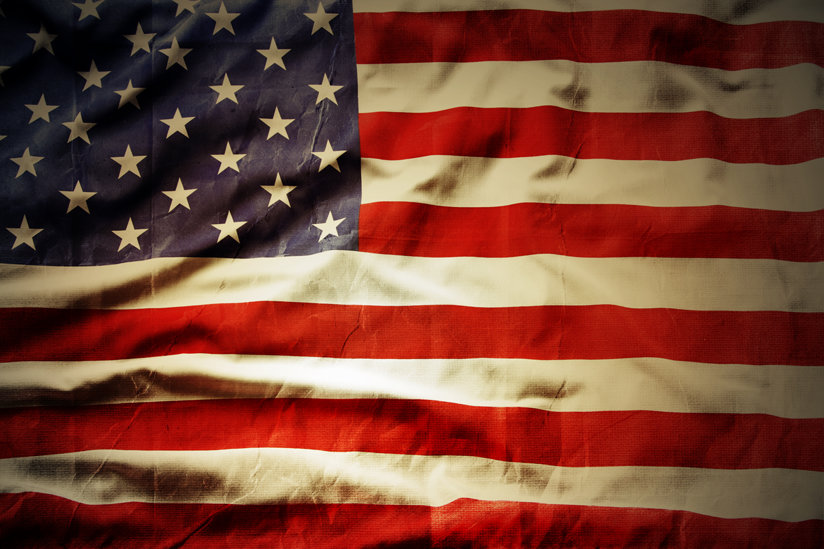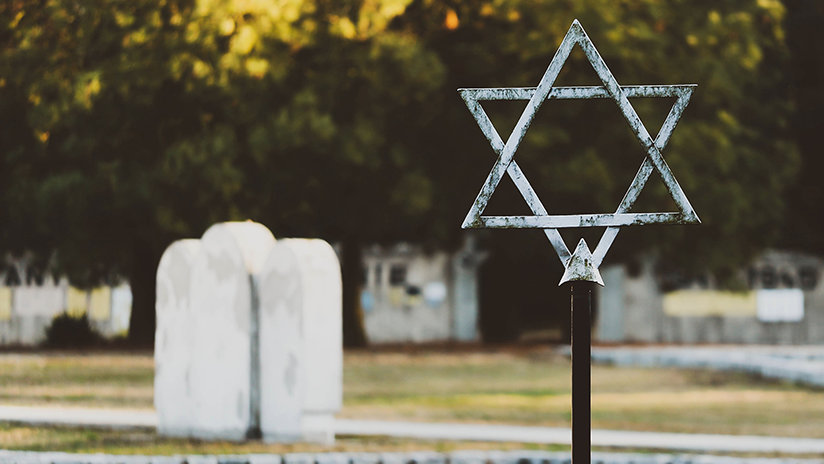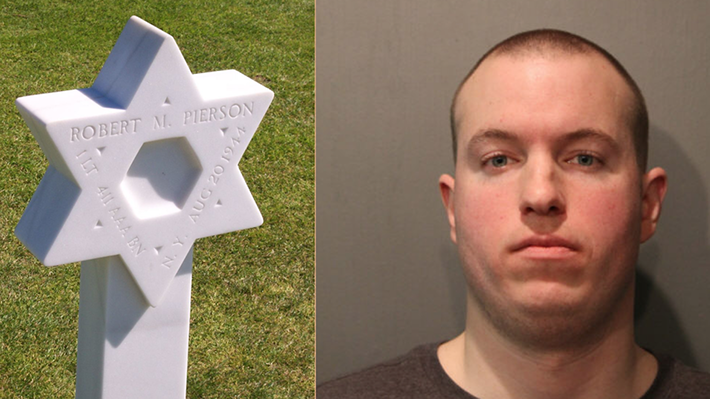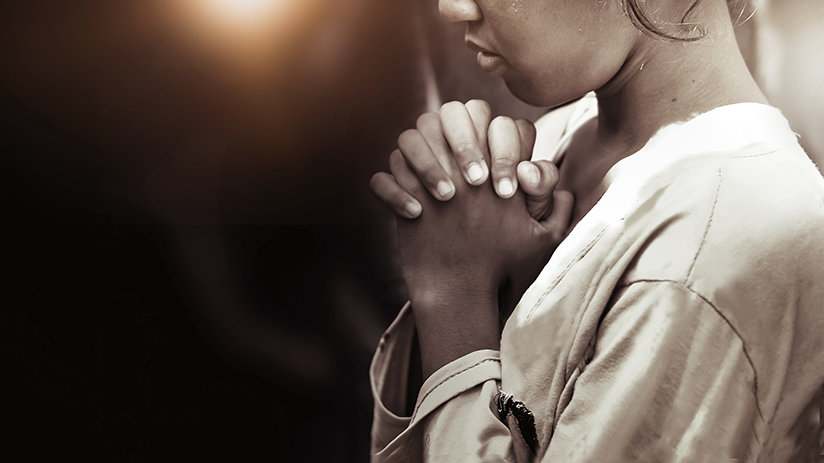
-
HOME
-
WHAT IS STANDOur Mission Our Values Our Help Contact
-
WHAT WE FIGHT FORReligious Freedom Religious Literacy Equality & Human Rights Inclusion & Respect Free Speech Responsible Journalism Corporate Accountability
-
RESOURCESExpert Studies Landmark Decisions White Papers FAQs David Miscavige Religious Freedom Resource Center Freedom of Religion & Human Rights Topic Index Priest-Penitent Privilege Islamophobia
-
HATE MONITORBiased Media Propagandists Hatemongers False Experts Hate Monitor Blog
-
NEWSROOMNews Media Watch Videos Blog
-
TAKE ACTIONCombat Hate & Discrimination Champion Freedom of Religion Demand Accountability
Three Legacies of Discrimination—Hate Crime in the U.S.
The County of Los Angeles recently released its annual report on hate crimes, defining a hate crime as a crime in which hatred or prejudice based on the victim’s real or perceived race, religion, ancestry, national origin, disability, gender, or sexual orientation is a substantial factor in the commission of the offense. In the report, three groups of people stand out as having been the targets of hate crimes more than any other: Jews, African Americans and members of the LGBTQ community. The same three categories appear as the most victimized for the FBI’s three most recent surveys of nationwide hate crimes since 2017.

A common factor connecting all three classes of victims is that each has been the subject of campaigns of denigration and bigotry spanning centuries. The efforts were so severe, and unfortunately so successful, that each was, for long periods of history, considered less than fully human under the law. To give one infamous example, the 1857 Dred Scott decision upheld slavery in what was probably the worst Supreme Court decision in history proclaiming that Black people “had no rights which the white man was bound to respect.” The legal system and culture that made Dred Scott possible were founded on lies going back to the beginning of the Age of Exploration in the 15th century, claiming Africans were biologically inferior and therefore it was the natural order of things for them to be enslaved. While the Civil War in the United States and slave revolts in other countries helped bring about the abolition of slavery throughout the world, the lies that brought it into being and sustained it continue in the hearts and minds of some to this day.
In the report, three groups of people stand out as having been the targets of hate crimes more than any other: Jews, African Americans and members of the LGBTQ community.
Similarly, persons who engaged in homosexual activity were once subject to execution in England and its colonies based on the opinions of theologians—and later psychologists and psychiatrists—that such relationships were unnatural and thus a threat to society. Though executions stopped in the 19th century, imprisonment and other legal restrictions existed until recently.
Jews, for their part, were, for centuries, subject to numerous falsehoods and campaigns of slander insistent on enforcing a Christian monopoly in medieval Europe. They were banned from many European nations and crammed into small ghettos in other places. The Nazis were able to inject their crazed genetic superiority theories into this turbulent history and so create the Holocaust.
Civil rights laws in the United States and many other countries now guarantee full legal status to all persons, but the statistics in hate crime reports show just how enduring bigotry and intolerance can be once given free reign. Going beyond the dry numbers, one can see the horror inflicted on many lives. The Los Angeles County report lists numerous incidents of vandalism, assault and intimidation. In the United States in recent years we have seen a mass shooting at a gay nightclub, multiple shootings in synagogues, and the mass murder by a white supremacist of members of a Bible study group at an African Methodist Episcopal Church. These are flagrant examples, but there are many others—not always as publicized but still very destructive.
It is not the natural state of things for people to hate and commit acts of violence against one another. Such behavior is usually fomented by a long history of negative propaganda leading people to the “natural” conclusion that the group or person in question must be hated, stigmatized or destroyed. All of us have a responsibility to, first of all, not originate or spread such lies. Groups or individuals on the receiving end of such attacks have a duty, not just a right, to make the truth about themselves known. And most importantly, we are all responsible for doing our part to build a society based on mutual understanding and respect in which we can live securely and in peace.









